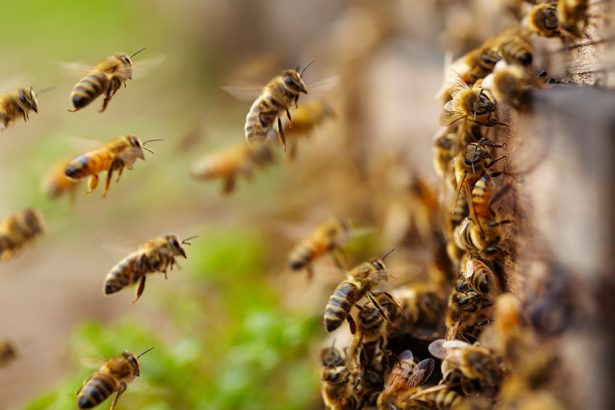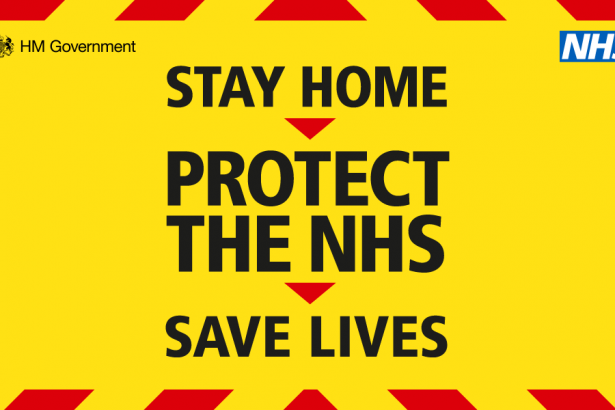Happy 5: Daily Habits for a Healthy & Happy Mind – No. 2 – “Give”

“Give a little bit, Oh, give a little bit of your love to me, I’ll give a little bit, I’ll give a little bit of my love to you”
Supertramp, sometime in the 80’s
Hello happy and groovy gang, are you feeling groovy? Oops, I’m slipping into cheesy mode, sorry – I’m spending too long reading self help books and researching happiness, but don’t worry, I’ll try and tone it down a bit. If the cheese pops through occasionally, all I can do is apologise in advance. In the last blog I told you why you should never pick a Koala on your quiz team – charming creatures, but slothful dunces sadly. In this blog I will explain to you why you’d always be better off inviting a meerkat to your party, over a honey badger…
Now, I’ve developed this Happy 5 idea to try and make the world a little bit happier. I’m condensing and simplifying a whole load of stuff I’ve read from Wellbeing Economics to Positive Psychology to Cognitive Behavioural Therapy and Neuroscience. If what I’m writing sounds too simplistic, that’s because I am! If anyone truly clever wants to talk to me on my new Happy 5 podcasts, then please get in touch!
With the Happy 5, What I essentially want is for everyone to realise that they can take charge of their own mental health, by doing simple and free daily activities to activate their own brain chemistry. This whole thing is inspired by my favorite Economist, Lord Richard Layard, and he essentially gave me the idea when I was reading his book called “Can We Be Happier” – please read this too, as it’s really good!
“The best way to cheer yourself up is to try to cheer somebody else up”
Mark Twain
Before I launch into why giving is so important for your own mental health and happiness, first a quick recap on what the Happy 5 are:
- Move
- Give
- Connect
- Calm
- Grow
In a nutshell, each of these actions, helps to activate our brain chemistry, whether it’s helping to release endorphins, oxytocin, serotonin, dopamine or Gamma-Aminobutyric Acid (sounds horrific?!) – we have the power and ability to turn on the flow, by doing something as simple as phoning our gran for a natter, or sitting on a park bench staring at a pigeon for 15 minutes, or dancing to our favourite song whilst cooking our din dins or picking up a pencil that a stranger dropped on in the library…

So how can giving help us? Firstly human beings are social animals, and helping each-other out is hard wired into our DNA, and one of the reasons why we have become so dominant in the animal kingdom, it’s also one of the reasons why we have such insanely large brains (to help us to navigate and succeed in complicated networks and societies).
Western societies have been structured by an economic system and culture for a couple of centuries that tends to celebrate individual pursuit, and handsomely reward personal endeavour. When 0.0000385% of the world’s population (3,000 billionaires) possess more wealth than 60% of the poorest people on earth (4.6 billion people), then something isn’t quite right. And also there is a great deal of evidence that the accumulation of wealth doesn’t secure a deep and enduring level of happiness anyway. But that is a blog for another day.
“ ‘Cause I don’t care too much for money, Money can’t buy me love”
The Beatles
Historically, anthropologically speaking, and indeed now, there are regular glimpses into rather more egalitarian models and a lot of evidence to suggest that when the gap between rich and poor is lower, EVERYONE is happier. I love Ben Fogle by the way, there I said it – please watch his new TV series and the episode when he visits an ancient tribe in the Congo, and witness the warmth, smiles and laughter of people living the most simple hunter gatherer life.
Sorry I digress, the point is that humans have a selfish “gene”, like honey badgers do too – like us, these fury foragers are capable of fending for themselves, and not giving a rats arse are about their fellow honey badgers. However, where we differ, is that altruism and a tendency to help each-other out is also hardwired into our DNA too, and this why we would get on handsomely with meerkats, and why Sir Michael Eavis should strongly consider giving free tickets to Meerkats at Glastonbury, and bar honey badgers from spoiling the fun.

Not convinced by my genetics and Honey Badger ramblings? Golly you are a tough nut to crack. Ok sure, now I’m going to blind you with another hefty dollop of brain science.
The Science of Giving: How Simple Acts Can Impact Your Brain Chemistry
Engaging in acts of giving, whether it’s a small gesture like offering a friend a warm compliment or a larger action like volunteering your time to help build a school, has profound effects on our mental well-being. The science behind this phenomenon lies largely in the intricate workings of our brain chemistry.
Release of Feel-Good Neurotransmitters:
When we engage in acts of giving or kindness, our brain releases neurotransmitters such as endorphins, oxytocin, serotonin, and dopamine. These chemicals are often referred to as the “feel-good” neurotransmitters because they contribute to feelings of happiness, contentment, and overall well-being. Let’s expand on Oxytocin and Serotonin a little bit…
Oxytocin: Known as the “love hormone” or “bonding hormone,” oxytocin is released during social interactions, particularly those involving trust, empathy, and bonding. Acts of giving and helping others can trigger the release of oxytocin, fostering feelings of connection, trust, and intimacy.
Serotonin: This neurotransmitter is often referred to as the “feel-good” chemical. It plays a crucial role in regulating mood, happiness, and overall well-being. When we engage in acts of generosity or kindness, serotonin levels tend to increase, leading to feelings of satisfaction and contentment.
Further blogs will delve into the detail and the peer reviewed research that backs this all up
“We make a living by what we get, but we make a life by what we give.”
Winston Churchill
I’d like to write more about how giving can reduce stress and anxiety by shifting attention away from our own worries, and how helping someone else can give us a sense of purpose and meaning, and when we give and engage with communities we get a sense of social connection and bonding too. There is so much to say about giving, but this this will have to wait for further blogs in the future
In summary, the act of giving is not only beneficial for the recipients but also for the givers themselves. By engaging in simple acts of kindness and generosity, we can activate our brain chemistry in ways that promote happiness, reduce stress, and enhance our overall well-being.
So, next time you have the opportunity to lend a helping hand or show kindness to others, remember that you’re not just making someone else’s day brighter—you’re also nurturing your own mental health and happiness. In short, be more Meerkat.
Marcus Warry
P.S. How about an act of giving now by kindly sharing this blog with your friends? Wink wink…
Picture credits – me sort of, finally getting used to using DALL-E 3





